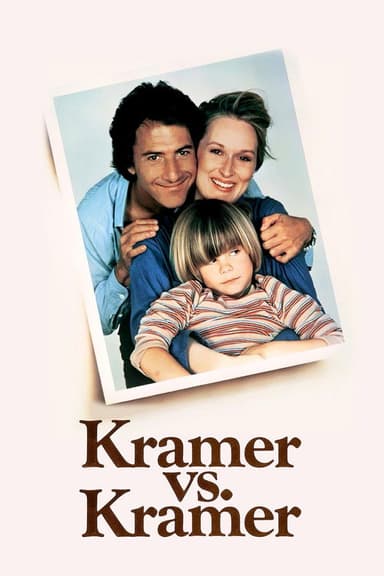
All Quiet on the Western Front
2022 • Drama, History, War • R
Paul Baumer and his friends Albert and Muller, egged on by romantic dreams of heroism, voluntarily enlist in the German army. Full of excitement and patriotic fervour, the boys enthusiastically march into a war they believe in. But once on the Western Front, they discover the soul-destroying horror of World War I.
Runtime: 2h 27m
Why you should read the novel
Reading the novel 'All Quiet on the Western Front' offers an intimate and authentic perspective directly from the mind of author Erich Maria Remarque, himself a veteran of World War I. Through his prose, you are given unrivaled access to a young soldier's thoughts, hopes, and despair, making the horror and futility of war deeply personal and affecting in ways a film cannot always capture. Exploring the inner world of Paul Bäumer and his comrades on the printed page lets you linger on each revelation, truly absorbing the anti-war message at the heart of the story.
While movies can be visually powerful, they often need to condense and change plotlines for time and pacing, omitting background details and nuanced character development that are integral to the book. The novel's reflective passages, subtle ironies, and expressions of trauma provide readers with a profound emotional resonance that film can only suggest. By reading, you can take time with the narrative, experiencing each shift in mood and understanding how war dehumanizes everyone involved.
Moreover, Remarque's language and storytelling craft are central to what makes 'All Quiet on the Western Front' a literary classic. The novel invites deep empathy and contemplation, encouraging readers to question the meaning of patriotism, honor, and sacrifice. Engaging with the novel allows for a richer, more enduring understanding of both history and humanity’s shared struggles, making it an essential read beyond just the cinematic adaptation.
Adaptation differences
One major difference between the 2022 adaptation and Erich Maria Remarque’s novel lies in the introduction of new plotlines and characters, especially the peace negotiation scenes featuring German politician Matthias Erzberger. These elements, which are not part of the original book, are used in the film to contextualize the political backdrop of the armistice, whereas the novel remains tightly focused on the soldiers’ immediate experiences and personal disillusionment on the front lines.
Another notable change is the timeline of events and the circumstances around certain deaths. In the novel, Paul’s friends die gradually throughout the narrative, with the focus on the attrition’s psychological effects. The movie, however, often dramatizes these moments for cinematic impact, intensifying their violence or shifting them to different points in the story to heighten suspense and emotional response.
The characterization of Paul Bäumer is also depicted differently. In the book, Paul is introspective and sensitive, often reflecting on the irony and futility of war. The film adaptation presents Paul more reactively, emphasizing action and physical suffering over inner monologue, which diminishes the depth of his philosophical struggles that are central to Remarque’s writing.
Finally, the film’s final moments starkly diverge from the book. In the novel, Paul dies peacefully on an unusually quiet day close to the war’s end, with his death described almost as an afterthought. By contrast, the movie orchestrates a brutal, action-filled climax right before the armistice, reshaping the tone and intent of Paul’s fate, thereby shifting the anti-war message to one driven more by cinematic spectacle than Remarque’s subdued devastation.
All Quiet on the Western Front inspired from
All Quiet on the Western Front
by Erich Maria Remarque

